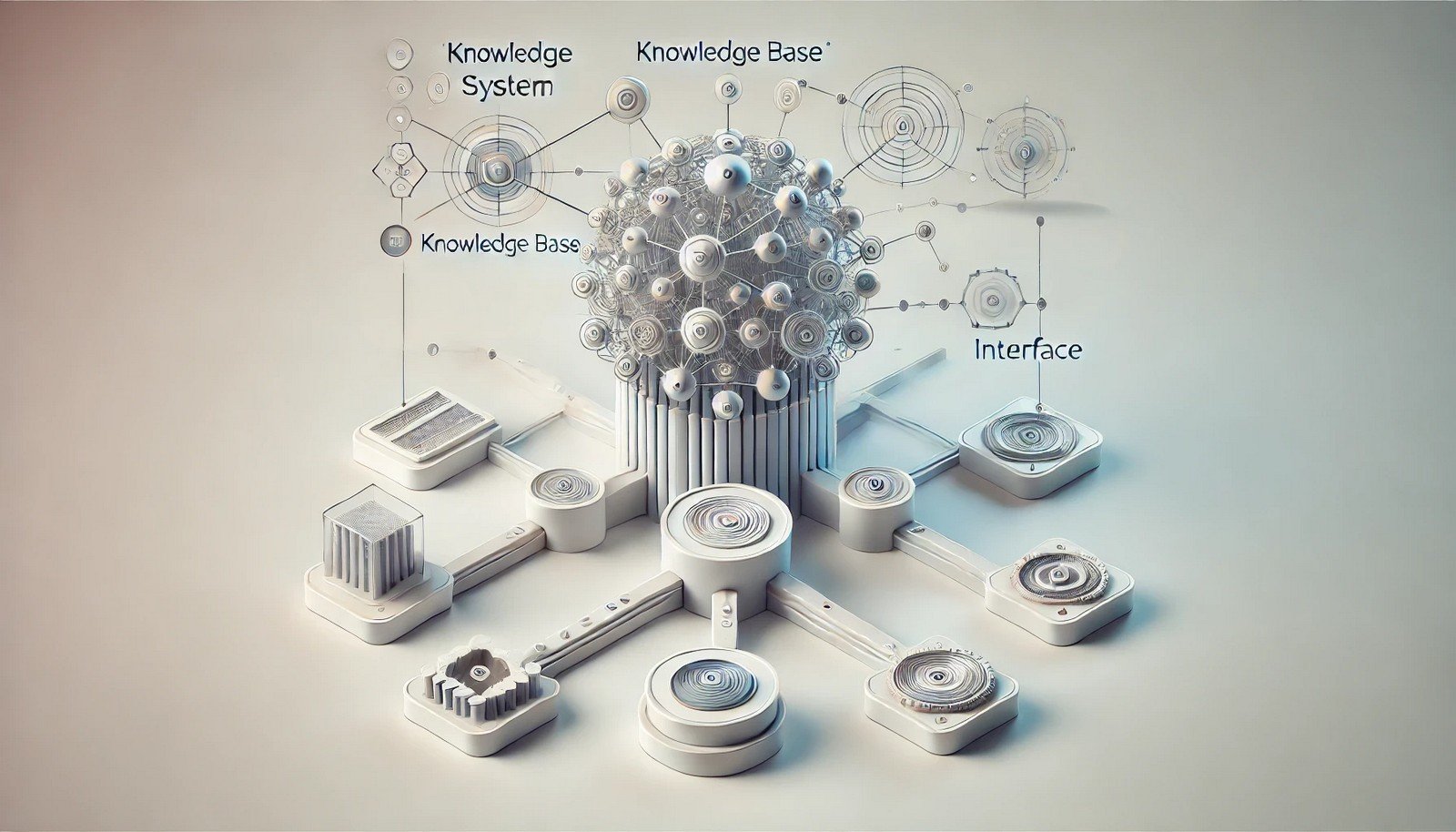Expert Systems

Quick Navigation:
- Expert Systems Definition
- Expert Systems Explained Easy
- Expert Systems Origin
- Expert Systems Etymology
- Expert Systems Usage Trends
- Expert Systems Usage
- Expert Systems Examples in Context
- Expert Systems FAQ
- Expert Systems Related Words
Expert Systems Definition
Expert systems are a type of artificial intelligence (AI) designed to mimic the decision-making abilities of a human expert. They use a vast base of knowledge and a set of rules to solve complex problems within a specific domain, such as medical diagnosis or financial analysis. Expert systems often include components like a knowledge base, an inference engine, and a user interface to simulate expert-level responses. These systems are widely used in fields that require specialized knowledge, helping improve decision-making accuracy and efficiency.
Expert Systems Explained Easy
Think of an expert system as a very smart computer program that acts like a human expert in a certain field, like a doctor or an engineer. It has tons of knowledge stored inside, and when asked a question, it uses this knowledge to give the best answer, almost like asking an expert for advice.
Expert Systems Origin
Expert systems emerged in the 1960s and 1970s as early AI research focused on replicating human expertise within computers. They gained popularity in the 1980s as they proved useful in domains requiring complex decision-making, and their practical applications have since grown.
Expert Systems Etymology
The term “expert systems” derives from the concept of encapsulating human expertise within a computer system to provide expert-level guidance and decisions.
Expert Systems Usage Trends
Since the 1980s, expert systems have been a key component of AI advancements, used across industries like healthcare, finance, and customer service. Recently, their usage has evolved with advancements in machine learning, as AI systems now combine expert knowledge with predictive algorithms for enhanced accuracy.
Expert Systems Usage
- Formal/Technical Tagging:
- Artificial Intelligence
- Knowledge-Based Systems
- Decision Support Systems - Typical Collocations:
- "expert system application"
- "rule-based expert system"
- "expert system inference engine"
- "knowledge representation in expert systems"
Expert Systems Examples in Context
- In healthcare, an expert system can help doctors diagnose diseases based on symptoms and test results.
- In finance, expert systems analyze risk factors to assist in investment decisions.
- Customer service uses expert systems to guide representatives in answering customer queries accurately.
Expert Systems FAQ
- What is an expert system?
An expert system is a computer program that mimics human expertise to solve complex problems within a specific field. - How do expert systems work?
Expert systems use a knowledge base and an inference engine to apply rules to data, providing expert-like decisions or suggestions. - What fields use expert systems?
Common fields include medicine, finance, customer support, and engineering. - What is the inference engine in an expert system?
The inference engine is the component that applies logical rules to the knowledge base to reach conclusions. - What is knowledge representation in expert systems?
Knowledge representation involves structuring expert knowledge in a way that the system can use to make decisions. - Are expert systems still used today?
Yes, they are widely used and have evolved to incorporate machine learning. - What’s the difference between expert systems and general AI?
Expert systems are specialized for specific tasks, while general AI aims to handle a broad range of tasks. - What limitations do expert systems have?
They rely on the quality of the knowledge base and struggle with tasks outside their predefined rules. - How is an expert system developed?
Development involves gathering expert knowledge, defining rules, and programming the system to use these rules for decision-making. - Can expert systems learn new information?
Traditional expert systems do not learn on their own, though modern systems may incorporate learning algorithms.
Expert Systems Related Words
- Categories/Topics:
- Artificial Intelligence
- Knowledge Engineering
- Rule-Based Systems
- Decision Support
Did you know?
One of the first famous expert systems, MYCIN, was developed at Stanford in the 1970s to help diagnose bacterial infections. Though it was not used clinically due to limitations, MYCIN paved the way for using AI in medical diagnosis.
PicDictionary.com is an online dictionary in pictures. If you have questions or suggestions, please reach out to us on WhatsApp or Twitter.Authors | Arjun Vishnu | @ArjunAndVishnu

I am Vishnu. I like AI, Linux, Single Board Computers, and Cloud Computing. I create the web & video content, and I also write for popular websites.
My younger brother, Arjun handles image & video editing. Together, we run a YouTube Channel that's focused on reviewing gadgets and explaining technology.



Comments powered by CComment